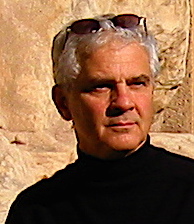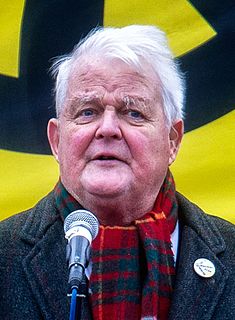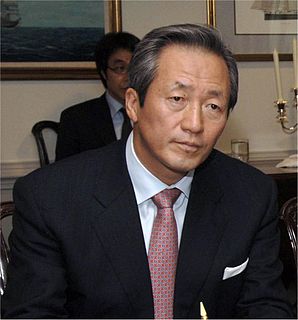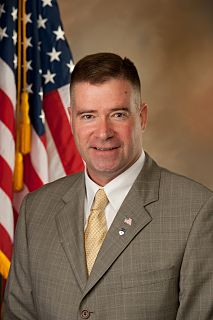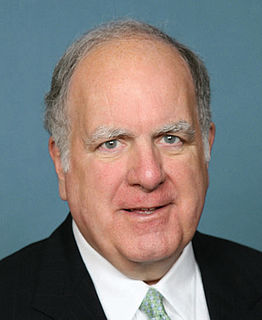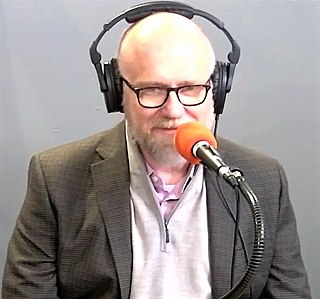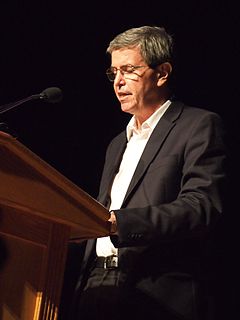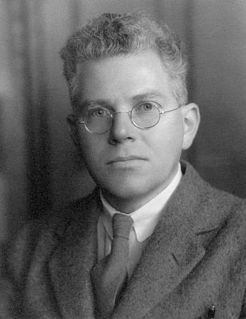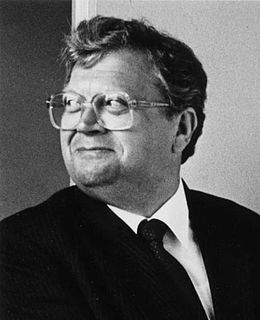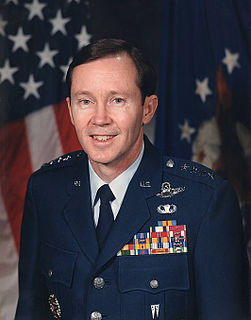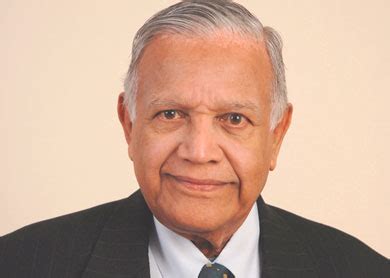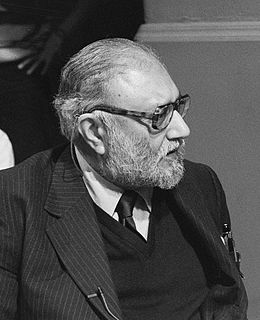Top 1200 Nuclear Deterrence Quotes & Sayings
Explore popular Nuclear Deterrence quotes.
Last updated on April 14, 2025.
I don't want to use the term "nuclear weapons" because those people in Iran who have authority say they are not building nuclear weapons. I make an appeal to the countries who do have nuclear weapons. They don't consider them a nuclear threat. But let's say a country that doesn't have nuclear weapons gets involved in building them, then they are told by those that already have nuclear weapons that they oppose [such a development]. Where is the justice in that?
The court was unable to rule on all circumstances in which nuclear weapons might be used, and it said in view of the problems, the risks posed by nuclear weapons, and in view of the lack of certainty of the law in all circumstances, the best course is fulfilling the obligation of good faith negotiations of nuclear disarmament contained in the nuclear non-proliferation treaty.
Presidents should be very careful at all times in discussing the use or non-use of nuclear weapons. Presidents since the cold war have used nuclear deterrence to keep the peace, and I don't believe that any president should make any blanket statements with respect to the use or non-use of nuclear weapons.
That's a point that Dan Ellsberg has made for years. He said it's kind of like if you and I go into a grocery store to rob it, and I have a gun. The guy may give you the money in the cash register. I'm using the gun even if I don't shoot. Well that's nuclear weapons - essential to post-war deterrence - they cast a shadow over everything.
The bottom line on nuclear weapons is that when the president gives the order, it must be followed. There's about four minutes between the order being given and the people responsible for launching nuclear weapons to do so. And that's why 10 people who have had that awesome responsibility have come out and, in an unprecedented way, said they would not trust Donald Trump with the nuclear codes or to have his finger on the nuclear button.
There is some rationale backing Kim Jong-un's actions, which are survival - survival for his regime, survival for his country. And he has watched, I think, what has happened around the world relative to nations that possess nuclear capabilities and the leverage they have, and seen that having the nuclear card in your pocket results in a lot of deterrence capability. The lessons that we learned out of Libya giving up its nukes and Ukraine giving up its nukes is, unfortunately, if you have nukes, never give them up.
I, who had been in favour of nuclear energy for generating electricity ... I suddenly realised that anybody who has a nuclear reactor can extract the plutonium from the reactor and make nuclear weapons, so that a country which has a nuclear reactor can, at any moment that it wants to, become a nuclear weapons power. And I, right from the beginning, have been terribly worried by the existence of nuclear weapons and very much against their use.
As far as U.S. intelligence knows, Iran is developing nuclear capacities, but they don't know if they are trying to develop nuclear weapons or not. Chances are they're developing what's called 'nuclear capability,' which many states have. That is the ability to have nuclear weapons if they decide to do it. That's not a crime.
On January 20, 2017, Trump will be sworn in as the 45th president of the United States, and he will be given the nuclear codes and the power to launch the U.S. nuclear arsenal, which is comprised of some 7,000 nuclear weapons. A military officer will always be close to Trump, carrying the nuclear codes in a briefcase known as the "football."
The world has today 546 nuclear plants generating electricity. Their experience is being continuously researched, and feedback should be provided to all. Nuclear scientists have to interact with the people of the nation, and academic institutions continuously update nuclear power generation technology and safety.
The cavalier casual way that Donald Trump talks about nuclear weapons is not only frightening but it goes counter to more than 70 years of bipartisan, presidential leadership of Republicans and Democrats who believed that we have to prevent other countries from getting nuclear weapons and we have to do what we can to decrease the number of nuclear weapons in the world.
New Zealand’s nuclear free movement is a broad-based and popular movement. Our nuclear free status is a challenge to much that is accepted as orthodox in international relations. It was formally adopted in the cold war era as a form of resistance to the dismal doctrines of nuclear deterrence. It is still a rebuke to the unprincipled exercise of economic power and military might.
What is the only provocation that could bring about the use of nuclear weapons? Nuclear weapons. What is the priority target for nuclear weapons? Nuclear weapons. What is the only established defense against nuclear weapons? Nuclear weapons. How do we prevent the use of nuclear weapons? By threatening to use nuclear weapons. And we can't get rid of nuclear weapons, because of nuclear weapons. The intransigence, it seems, is a function of the weapons themselves.
But elimination will only happen if all countries - nuclear and non-nuclear states - genuinely work towards this result. Nuclear states must abolish their arsenals, as was indicated by the unanimous opinion of the international Court of Justice, the highest international tribunal. The five nuclear states seem to expect others to refrain from obtaining bombs while at the same time maintaining their own caches of deadly weapons.
I repeat what I suggest in my book [ Strategie de la deception]. The first deterrence, nuclear deterrence, is presently being superseded by the second deterrence: a type of deterrence based on what I call 'the information bomb' associated with the new weaponry of information and communications technologies.
Almost all of the governments have agreed that they will not acquire nuclear weapons and that they will allow the International Atomic Energy Agency to monitor their commercial and research nuclear power operations to ensure that nuclear materials - highly enriched uranium and plutonium - are not diverted to use in weapons.









